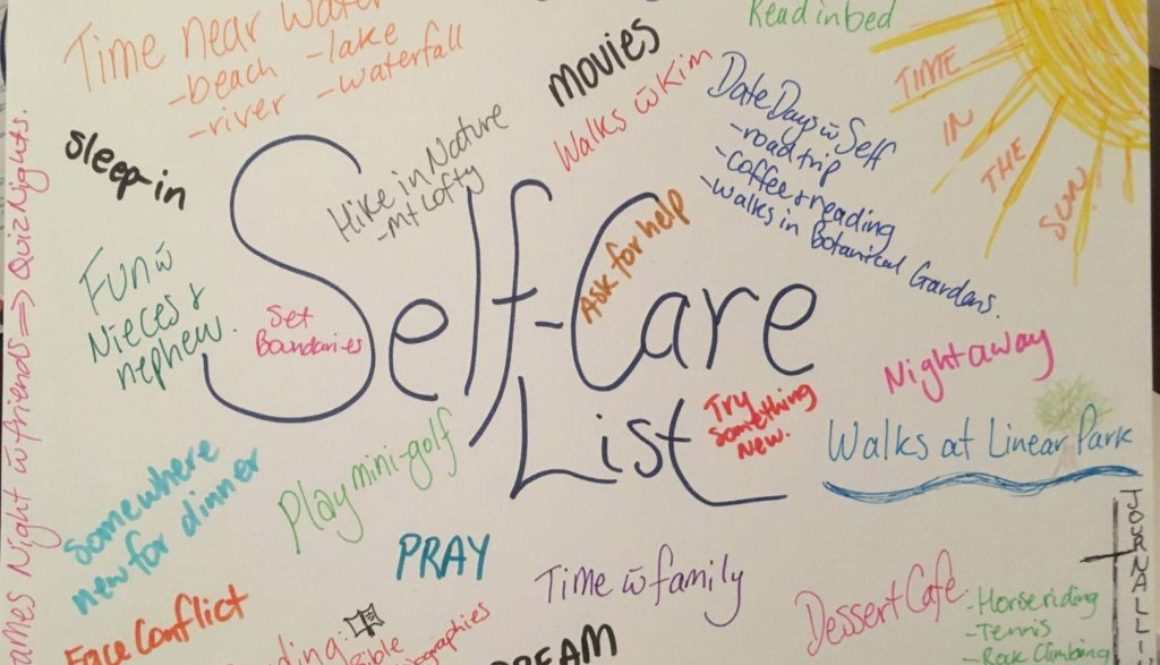How to recover from burnout.
I often get asked questions like:
1. Will I ever fully recover from burnout?
2. What does it take to recover from burnout?
3. How long will it take to recover from burnout?
My normal answer is:
1. Yes.
2. A lot of hard work. Reviewing what’s important to you, setting boundaries, increasing self-compassion and self-care… among many other things.
3. It’s different for everyone.
There is no quick 3 step process to recovering from burnout and it really is different for everyone because everyone is different, everyone’s experience of burnout is different and everyone has different needs.
But here’s something more…
I am currently reading ‘Burnout: A guide to identifying burnout and pathways to recovery’ by Gordon Parker, Gabriela Tavella and Kerrie Eyers. I’m still in the early stages of the book, but I couldn’t go past this quote and I think it answers question number 2.
Parker et al. says,
“…management of burnout not only involves reducing stressors and their impact but also requires addressing any predisposing personality contribution (especially perfectionism). Escape from work or caregiving pressures may relieve some of the burnout symptoms, but failure to identify and modulate any personality contribution will not allow burnout to be so readily managed, while also increasing the risk of relapse.”
In a nut shell…. this means that if you don’t have therapy alongside the reduction of stressors, you will likely relapse.
Let’s get really honest for a second… you will relapse*… even if you have therapy and seek professional support. Part of the recovery of burnout is a journey. There are highs and lows as you get to know yourself, discover what got you to burnout in the first place and learn new skills and knowledge to know what to do about it (and hopefully prevent it from happening again).
I’m about 6 years free of burnout now and it never ceases to amaze me at how sneaky burnout can be. It really does sneak up on you and that’s why I’m so passionate about helping people to learn that this journey to wholeheartedness is a lifelong journey. We don’t recover from burnout and say ‘yes, I’ve arrived and now I don’t have to think about any of it ever again!’ It’s just not like that.
Many of the behaviours and beliefs we had before burnout (some that also led us to burnout) are behaviours and beliefs that have kept us safe at various times in our life. This means that they will be very hard to break. For example, I, as a people pleaser (in recovery), learned in my young years that if people around me were happy, then life was smoother… therefore – people pleasing behaviours are still a go-to for me in several areas of my life.
So… all that to say, that I love this quote from Burnout, because it reiterates the importance of (what we call in the counselling world) ‘doing your work’. Looking at your life, where you’ve come from, what you’ve experienced, your highs and your lows and all the lessons learned along the way.
This is why I often say that seeing a counsellor during burnout recovery is vital. He/she will not only help you to make practical changes but can also help you to look at what led you to burnout in the first place… not only the situational, environmental and circumstantial reasons but also the personality traits.
Something I learned in my burnout recovery is how much my personality trait of being a people pleaser was setting me up to get burnt out from a very young age. This is not to say it was my fault – or the fault of my environment and family and community upbringing – but it was simply learning that there are some personality traits that some people have that will feed into having a higher chance of getting burnt out in the first place.
I see the trait of people pleasing a lot in people who are experiencing or have experienced burnout. Those who have people pleasing tendencies seem to want to help others no matter the cost. Often, this belief has been learned somewhere in their early years and tells them that if they help others and do whatever is necessary, then they will be liked, maybe even loved more.
The other key personality trait is perfectionism.
“Perfectionistic people have high standards, are self-disciplined and yoke themselves tightly to self-control and commitment to ensure productivity and achievement.” – Parker et al.
You see, perfectionism isn’t just about doing things perfectly and going over something time and time again to ensure it is perfect. It’s about the meaning behind the perfect actions.
Brené Brown in her book, The Gifts of Imperfection discusses that “wherever perfectionism exists, shame is lurking.” Shame is the belief that we are flawed and therefore unworthy of love and belonging, and so perfectionism isn’t just about doing things perfectly, it’s the belief that if we do it perfectly then we are worthy of love and belonging… or, then we will get the promotion… or, then they will love us etc.
These kinds of personality traits may lead us to work long hours, not be honest in asking for what we need, not setting the boundaries we need etc. These are common factors that can start to lead someone to burnout. Maybe you can now see how personality traits connect to burnout and also why understanding and working towards overcoming (or managing) these personality traits will help with your burnout recovery.
I hope that’s been helpful.
Let me know if you have any questions. If anything has been triggered for you in this blog, please reach out and book a session to start (or continue) exploring how you can recover from burnout.











